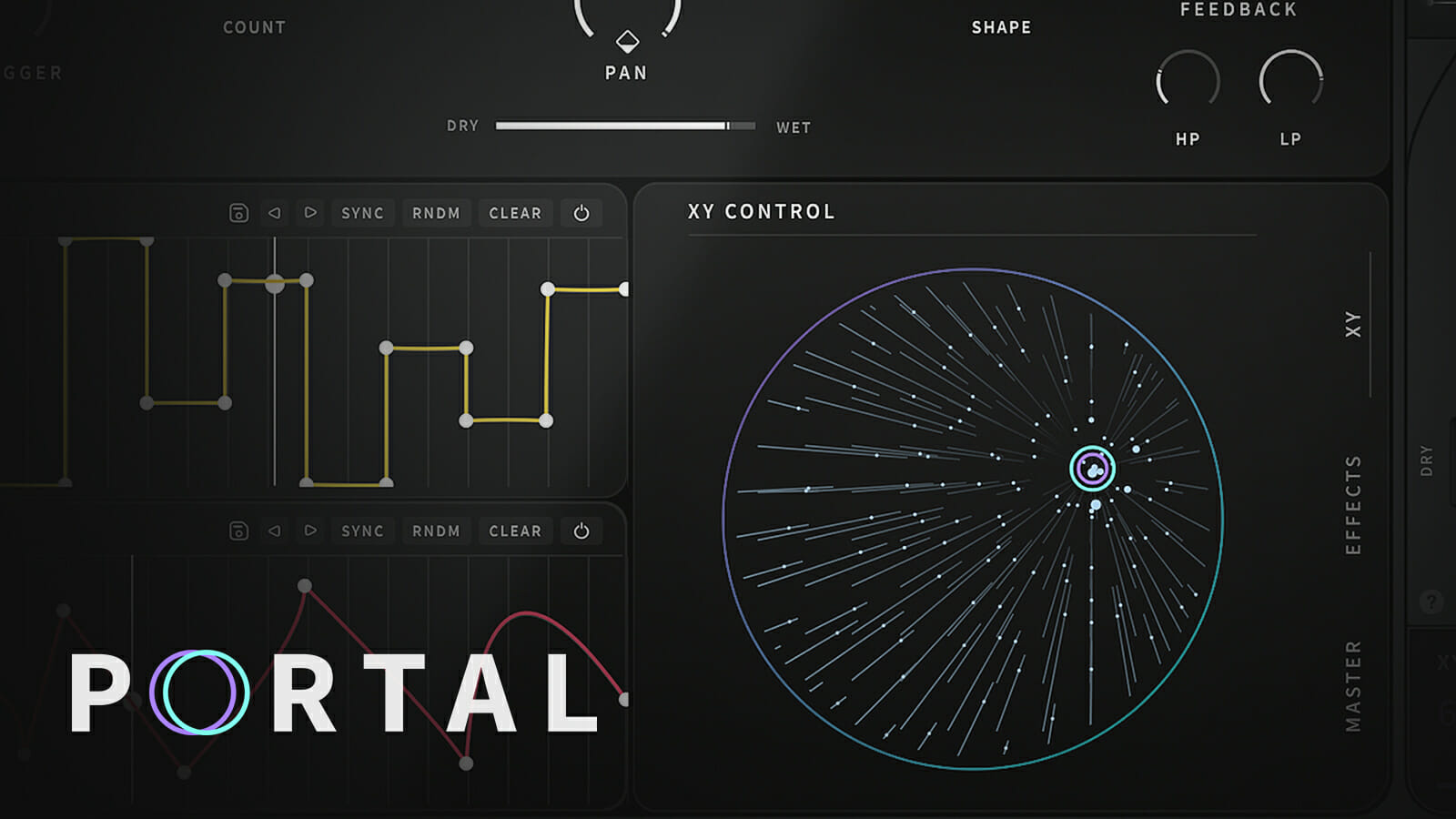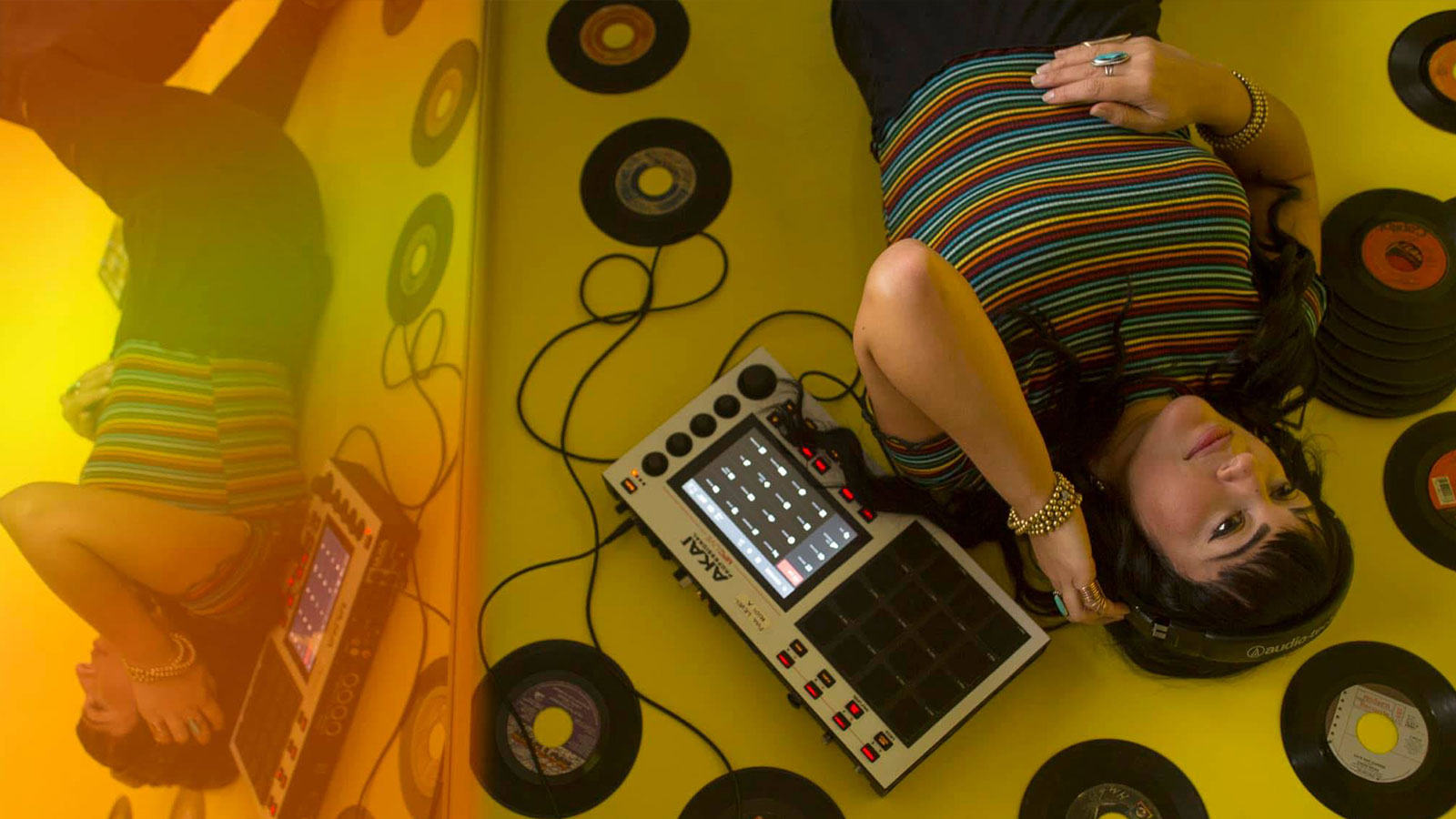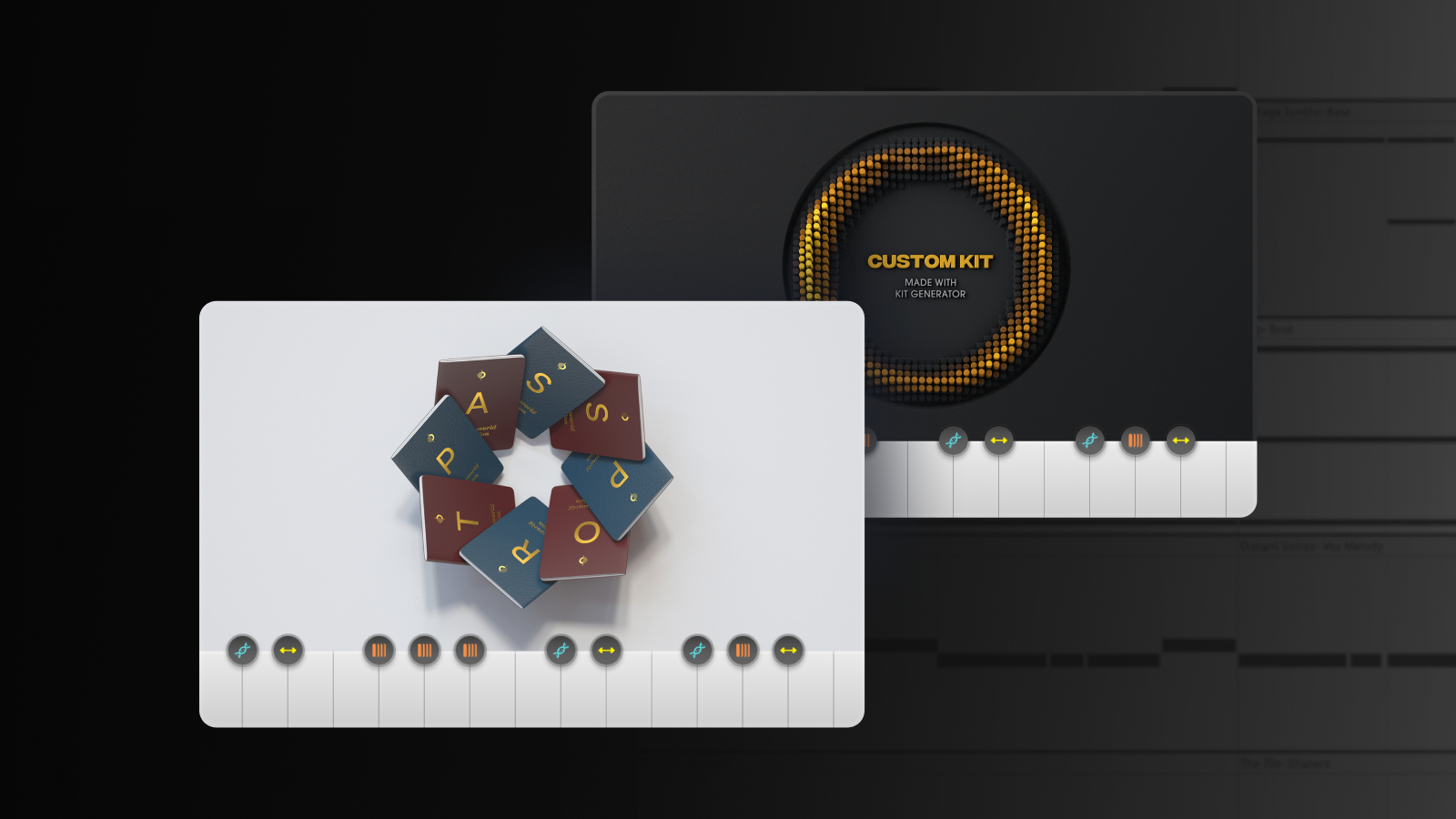
Songwriters block happens to the best of us. It’s not that you’ve lost it. But you are experiencing a lapse in clarity and staring at a blank screen. A brain once teeming with creative abundance, now swollen and grasping for its eureka moment. At this stage, we tend to second-guess ourselves. We call into question what’s already working and, as a result, doubt our own abilities. When the next move doesn’t jump out at you, try any combination of these songwriting tips to get back in the pocket.
1. Create an intention
With any creative endeavor, we must ask ourselves: “What do I want [this project] to achieve?” If you feel lost at any point in the songwriting process, recall the specific intention that prompted you to begin with. Every decision you make should serve to fulfill that intention or evoke that emotion. Through this lens, you can identify any arbitrary elements that can get between you and your masterpiece.
2. Ditch the format
Popular song formats (i.e. verse-chorus) make a great template, but if your tune doesn’t neatly fit into those parameters, take a step back. Maybe the bridge wants to come before the second chorus. Maybe there is no bridge, but there’s an extended outro based on the pre-chorus. The possibilities are endless, so push the limits. What do you have to lose?

3. Find the perfect moment
When you can’t figure out what to sing, try considering when to sing. Run the instrumental. Each time, introduce vocals at a different part of the meter. A good place to start is right on the first beat. How does it feel to come in on the upbeat? A lot of popular songs have vocals that drop before the first downbeat. Try them all. If your intention is clear, there will be an obvious choice, and that small piece of the puzzle might be all you need to enter a state of flow. Identifying the ideal entry point can also help shape a phrase’s melody and cadence.
4. Rhythmic phrasing
When you face songwriters block, it’s natural to cycle through chords, melodies, and lyrics. But a lot of the time, songwriting solutions are more mathematical. Take a second to analyze your song’s vocals. Are the phrases short and choppy? Does one phrase stretch across multiple bars? Through simple shifts and subdivisions, one can explore a whole new world of fresh rhythmic changes.
5. Zero tolerance policy
In digital production, the space bar can be a helpful tool. Listen to your track from the beginning, and as soon as you begin to lose interest, slap that bad baby to stop playback. This exact moment is an opportunity to keep the energy alive. Use anything from a layer of vocal harmonies to the introduction of a new instrument. Or a dropped half measure to a tasty drum fill. This impulsive and obsessive attention to detail will sharpen your creative instincts and challenge you to think outside the box.
6. Don’t fear space
A common issue when facing songwriters block is the compulsion to blanket empty space with words. Verbosity can be a stylistic choice (‘sup Jason Mraz), but more often than not, it overwhelms your audience and exposes the tender belly of amateurism. Rather than over-explain, stick to what’s meaningful and concise, and only entertain the ideas that serve the song’s core intention.

7. Experiment with vocal hooks
A vocal hook is to be cherished. Squeeze the fruit and revel in its sweet, melodic nectars. Tune it up an octave and add some filters for a little ear candy. Sustain a vocal theme in the verse by replicating it with an electric guitar or synth. Slice off a couple of words and repeat them as a post-chorus. No one ever hurt their track by making it easier for people to sing along.
8. Modulate!
Our next guest needs no introduction. Few things are more exciting than the prospect of jumping up a step for that final chorus. While the key change is a bold and oft-exploited trick, it can also take your song to the next level. Get it?
Pro tip: a mid-verse key modulation can provide an unexpected dynamic boost.
9. Explore harmonic lines
Great songwriting is full of happy accidents. Vocal harmonies are modeled to complement your lead, so isn’t it possible that they could make great leads on their own? When searching for that perfect second verse or bridge melody, audition harmonic lines from a previous section as your lead. Caution: Results may be tremendous.
10. Experiment with plugins
Sometimes something is missing, but you don’t know what it is. When searching for that perfect sound, or simply fishing for inspiration, use every tool at your disposal. Arcade by Output is teeming with exclusive, game-changing content that can cater to any musical vibe.
11. Strip it down
Some songs are all about the groove. Three chords, driving percussion, hooks on hooks. When the chords or vocal melody feel too good to change coming out of that second chorus, don’t forget to remember dynamics. If Nickelback did one thing right, it was perfecting the acoustic guitar breakdown.
12. Jam it out
It’s easy to fall down the rabbit hole and listen to the same loop or hum the same half-baked melody for hours on end. Pick up a guitar and see how it feels live. Then, capture the moment — throw on a voice memo app and sing something completely off the wall. Let your instincts lead the way. At the very least, you’ll brighten the songwriting environment. Great songwriting is full of happy accidents.
13. Listen to music
We’re not neuroscientists but we will bet that a brain, hyper-focused on a specific task for a long period of time, displays a relatively localized pattern of activity (if we were looking at one of those colorful charts). Take a break, throw on somebody else’s music and get that brain party lit.
14. Clear your mind
Sure, you’re sick of hearing it. But have you really tried? Find a quiet place, focus on your breathing, and let thoughts flow without passing judgment. The third eye is a portal to the imagination, where your imagination is brewed and bottled. If that’s not your jam, mindless tasks like walking or driving can occupy the body, allowing your subconscious mind to bubble to the surface with your creative process in tow.
Conclusion: keep writing
The common denominator among great songwriters is consistency. Go to the studio daily with the intention of making great music. Just making the time and sitting down to write is a start. Not every song is going to be a hit, but if you dedicate time to a craft, you will absolutely witness improvement. A great song speaks to the heart of the listener, so listen to your own and don’t be afraid to make bold choices. Happy writing!



